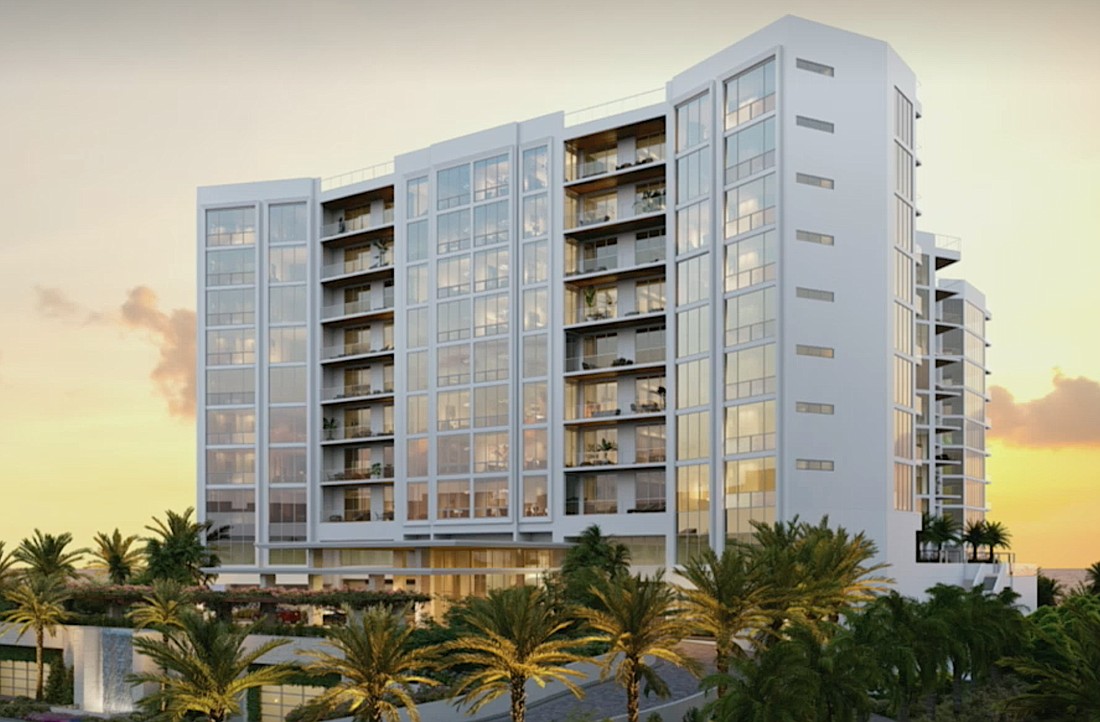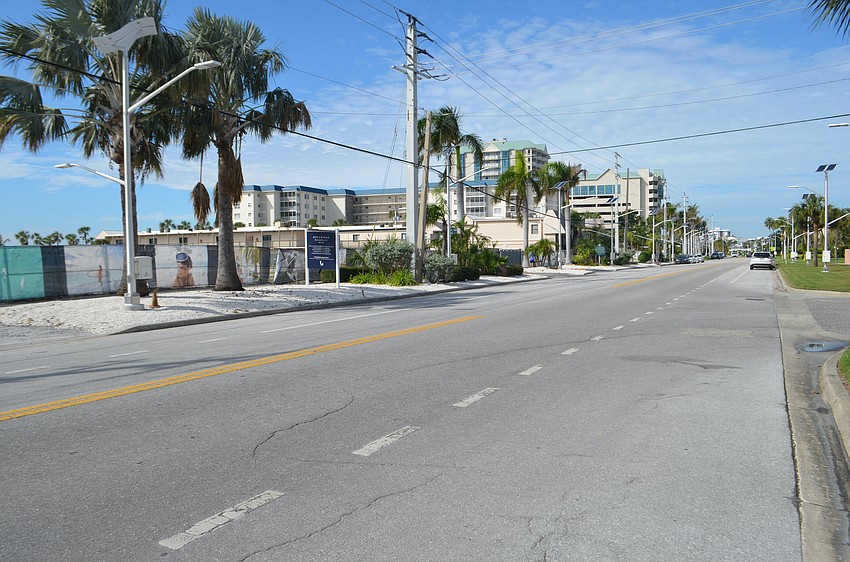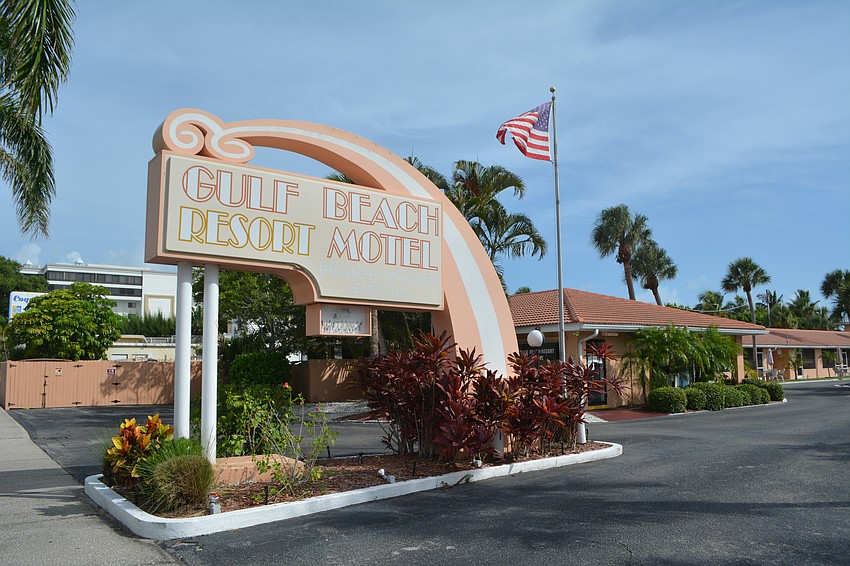- April 16, 2024
-
-
Loading

Loading

When a development plan comes before the city of Sarasota Planning Board, nearly 100% of them come with recommendation for approval by the city’s planning staff. It was during the Nov. 18 meeting of the Planning Board when members asked why.
On the agenda were two development projects: Bahia Vista apartments at Tuttle Avenue and Bahia Vista Street, LKR at Lido Beach luxury condominiums on Benjamin Franklin Drive, both recommended by staff for approval.
As the board members debated the merits of Bahia Vista Apartments before it sent the project to the City Commission with its own recommendation to deny approval, the question was asked why staff gave it the stamp of approval, as it does nearly every other development that comes before the board.
“Whenever we get a packet for planning board, the city staff always suggests approval, so by the time it reaches here, the city is in favor of it,” said Vice Chairman Daniel Clermont, who chaired the meeting in the absence of Terrill Salem. “It gives the impression that the city is always in favor of any development plan. How often do you get approached and it just never gets here? I'm kind of interested to know … is there some point where you say no?”
The path for staff approval, explained Manager of Long-Range Planning David Smith, runs through the Development Review Committee, which consists of representatives from every city department. Usually requiring multiple meetings, the DRC is a body that allows developers to meet with all departments at one time to receive feedback on adjustments to site plans in order to meet city code. Those meetings are open to the public but not to public comment as that step in the process is administrative and not political.
Whether the DRC likes the project or not is irrelevant. All that is required is whether it meets all standards within the existing zoning district or those applicable to a requested rezoning.
“There seems to be a misunderstanding in the public's perception of exactly what the Development Review Committee’s purpose is,” said Development Review Planner Amy Pintus. “Our purpose is to vet all projects before they come to you. They don't receive DRC sign-off if they don't comply with the code.
“Staff’s job is not to render an opinion on if we like something or not. It's an issue of equal interpretation under the law, where we have to say if a project is compliant with city code or not. You don't usually see a project unless it complies with code because we don't issue DRC sign-off for projects that don't comply.”
The DRC meetings include department heads or representatives of planning, public works, sanitation, police, fire, city arborist and engineering. The back-and-forth between the DRC and developers — who are often represented by a consultant, an architect and an engineer of their own — generally includes “comments” provided by staff, which for the most part pertain to requirements for adjustments in myriad areas such as setbacks, sidewalk widths, parking structures, dumpster locations, driveway locations, screening, floor heights, valet operations, fire suppression and more.
The end result is a proposal that meets city code requirements, or it typically doesn’t move on to the requisite political bodies for final approval.
That’s all well and good, but once a project is approved who ensures it is built to all the requisite standards, Clermont asked.
“The building permit has to be in substantial conformity with the site plan approval in order to get built,” said Assistant City Engineer Dan Ohrenstein. “We have our plans, reviewers for building permits as well as inspectors that make sure that it meets the what they had permitted.”
Conformity to the approved plans is also required to receive a certificate of occupancy, Ohrenstein added.
“For the record, since I've been on the Planning Board, I recall one application where staff recommended denial,” said member Kathy Kelley Ohlrich.
“I just want to reiterate that our role as staff is to review if something's compliant with code or not,” Pintus replied. “It doesn’t matter if we like something or not. That’s not supposed to come into play. If a developer is following the rules, we’re obligated to recommend approval. It's an issue of equal interpretation. If we start recommending denial of projects that are compliant with code, the city will be facing lawsuits .
“I wasn't passing judgment on it,” Ohlrich added. “I was just saying a statement of fact.”

The Planning Board did find itself in unanimous agreement with staff on LKR at Lido Beach, a 65-unit luxury condominium development at 930 and 1008 Benjamin Franklin Drive. The developer of record is WSR-Lido Beach.
Destined for a 3.89-acre beachfront tract is a planned 11-story development where the historic Gulf Beach Motel and Coquina on the Beach motel once stood. Those buildings were demolished in 2020. The iconic Gulf Beach Motel sign has been preserved and will be incorporated in the landscape.

The development will include eight residential floors and one amenity floor above two parking levels. The property will be managed by Rosewood Hotels and Resorts. No unit may be rented for fewer than six months.
Because of limited beach access in the area, the developer is required to provide a five-foot-wide easement on the north side of the property.